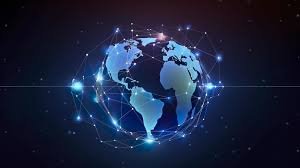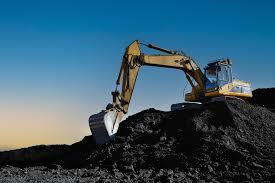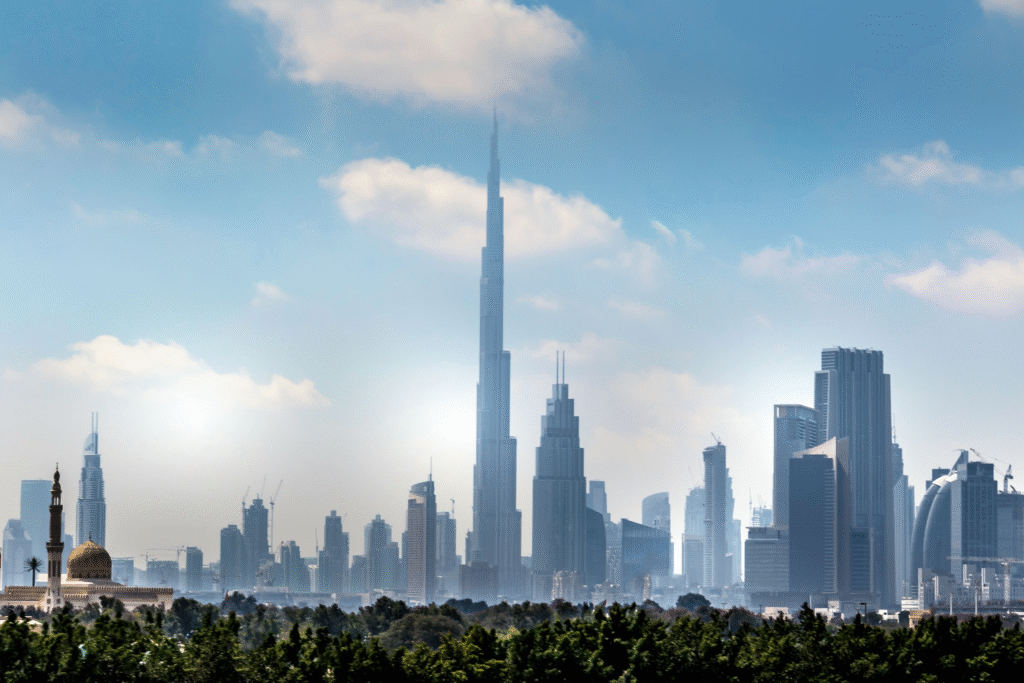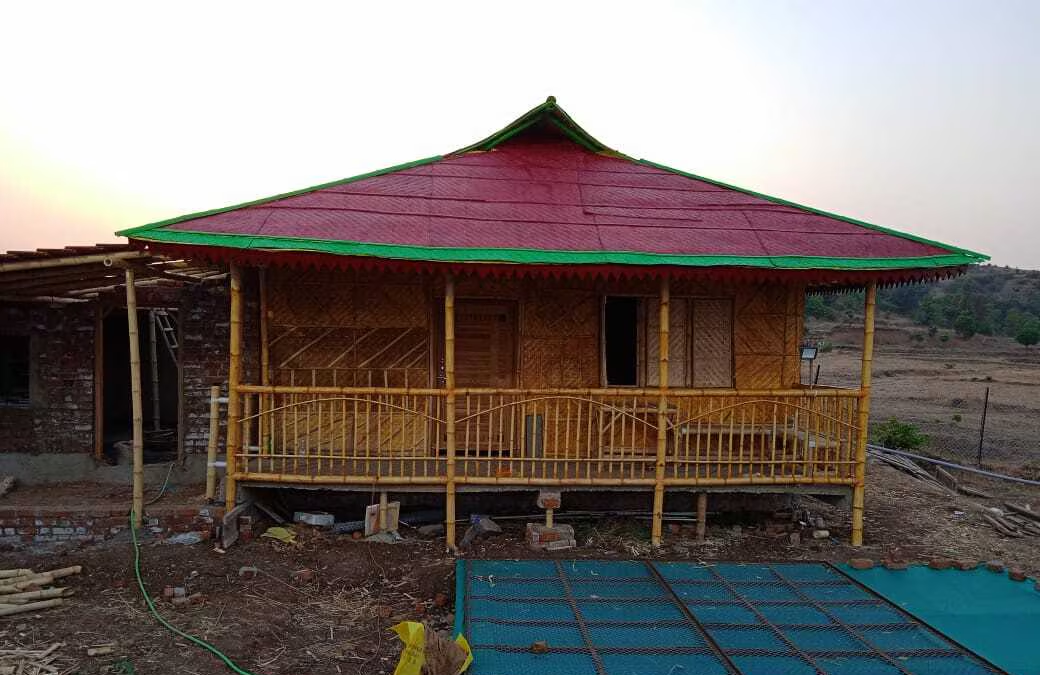Now Reading: Global Tech UAE Unveils Bold New Moves in Metals Race 2025
-
01
Global Tech UAE Unveils Bold New Moves in Metals Race 2025
Global Tech UAE Unveils Bold New Moves in Metals Race 2025

Table of Contents
The United Arab Emirates (UAE) is fast becoming a major player in the global tech metals industry. Once known primarily for its oil exports, the country is now investing heavily in strategic minerals that power the modern world from smartphones and electric vehicles to solar panels and military systems.
These rare and valuable minerals, often called “tech metals” or “critical minerals,” include lithium, cobalt, nickel, rare earth elements, and others essential for clean energy and advanced technology. In 2025, the UAE has made significant progress in this sector, aiming to secure its future as a global hub for technology and green innovation.
Here are the latest developments and what they mean for the UAE and the world.
Why Tech Metals Matter to the UAE
Tech metals are at the heart of the global transition to cleaner energy and smarter technology. As the demand for electric cars, batteries, and digital devices rises, countries around the world are rushing to secure supplies of these key minerals.
The UAE, with its strong economy and advanced infrastructure, is stepping up to play a bigger role. The government sees tech metals as part of its wider strategy to diversify the economy beyond oil. This aligns with the country’s UAE Net Zero 2050 goals, which aim to reduce emissions and boost green industries.
Major Investments and Partnerships in 2025

In the first half of 2025, several major announcements and investments have reshaped the tech metals landscape in the UAE:
1. Launch of the UAE Critical Minerals Strategy
In March 2025, the UAE Ministry of Industry and Advanced Technology released its Critical Minerals Strategy, a roadmap outlining the country’s ambitions to become a regional leader in tech metals. The strategy focuses on:
- Building mining partnerships across Africa and Central Asia
- Investing in local refining and processing facilities
- Establishing reserves of key metals for national security
- Supporting research and innovation in sustainable mining
The strategy also aims to attract global companies and investors to the UAE’s growing critical minerals ecosystem.
2. ADNOC Enters the Tech Metals Arena
The Abu Dhabi National Oil Company (ADNOC), traditionally focused on hydrocarbons, is now expanding into tech metals. In May 2025, ADNOC signed a joint venture deal with a Canadian mining company to develop a lithium project in Zimbabwe. The deal includes plans to refine and export lithium through UAE ports.
This move reflects a larger trend where traditional energy giants are diversifying into green and digital minerals.
3. UAE Joins Global Alliances for Metal Security
To secure stable supplies of rare earths and other critical minerals, the UAE joined the Minerals Security Partnership (MSP) in early 2025. This is an international alliance led by the US, EU, and other partners to ensure transparent, ethical, and environmentally friendly mining practices.
By joining the MSP, the UAE strengthens its ties with global powers while ensuring access to trusted sources of tech metals.
New Tech Metals Free Zone in Abu Dhabi
In June 2025, the UAE government announced the creation of a Tech Metals Free Zone in Khalifa Industrial Zone Abu Dhabi (KIZAD). This zone will offer tax breaks, fast-track licenses, and access to logistics infrastructure for companies involved in:
- Rare earth processing
- Battery recycling
- Clean energy storage
- Mineral trading and supply chain tech
The zone aims to attract global startups, scaleups, and industrial players looking to enter the Middle East and North Africa (MENA) market.
UAE’s Focus on Green and Ethical Mining
One concern around tech metals globally is the environmental and human cost of extraction. In many countries, mining leads to deforestation, water pollution, and poor working conditions.
The UAE says it is committed to green and ethical sourcing. This means using advanced, low-carbon technologies for refining and ensuring that minerals are obtained from responsible sources. UAE regulators are also working on new standards to trace where metals come from and how they are processed similar to how diamonds are certified for ethical origins.
Challenges Ahead

Despite its progress, the UAE still faces several hurdles:
- Limited local mineral reserves: The country must rely heavily on imports or overseas mining investments.
- Geopolitical risks: As it partners with African and Central Asian nations, the UAE must manage complex political situations and legal risks.
- Global competition: China, the US, Australia, and the EU are all racing to dominate the tech metals market. The UAE must stay competitive with innovation, partnerships, and smart trade deals.
What’s Next for the UAE?
Industry insiders believe the next two years will be critical for the UAE. Several new battery plants and green tech facilities are under construction, while more partnerships are expected with countries rich in mineral resources such as the Democratic Republic of Congo, Indonesia, and Chile.
In addition, UAE universities and research centers are exploring new ways to recycle tech metals from old electronics and vehicles, which could provide a sustainable edge in the coming years.
Final Thoughts
The UAE is clearly positioning itself as a serious player in the global tech metals race. With smart investments, international partnerships, and a focus on ethical sourcing, the country is carving out a new identity not just as an oil-rich state, but as a future-focused, technology-driven economy.
As global demand for clean energy and digital tech continues to rise, the UAE’s moves in 2025 may prove to be both timely and transformative.
Read More:- Shobha Realty Launches Its Most Luxurious Project Yet—Full Details Inside 2025






















